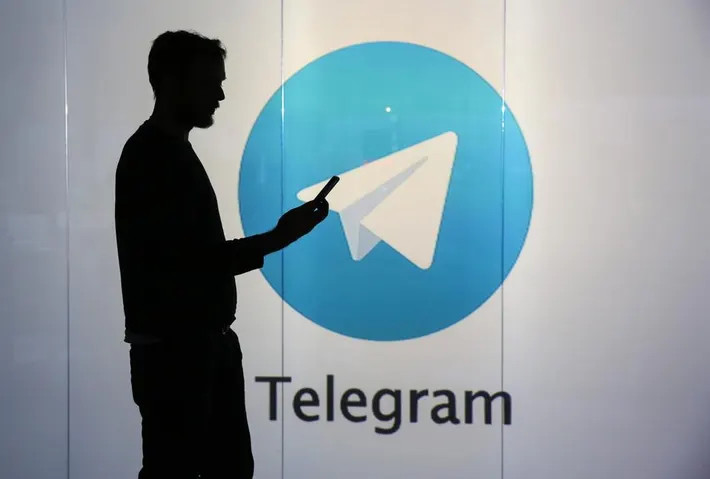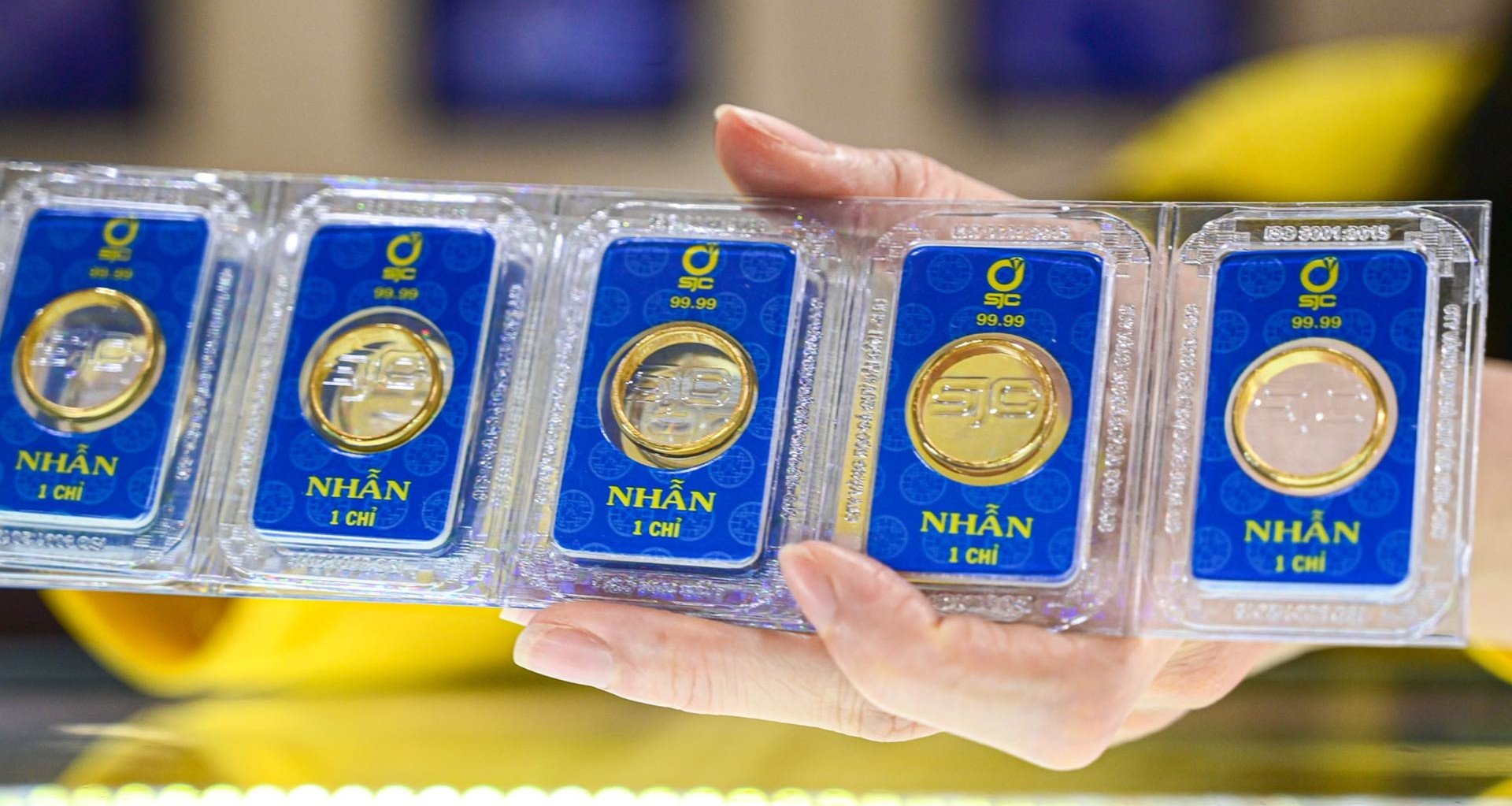Accordingly, foreign messaging apps such as Telegram, Signal and WhatsApp, along with Meta Platforms' social network Threads, have been removed from the App Store.
The removal of the four apps shows the company's uncompromising stance towards foreign online messaging services that are out of control. At the same time, it also puts significant pressure on the iPhone manufacturing giant.

“The Cyberspace Administration of China requested that these apps be removed from the store in China based on national security concerns,” Apple said in a statement. “We have an obligation to comply with the laws in the countries where we operate, even if we disagree with their judgments.”
Currently, China's most popular messaging app is Tencent's WeChat. Meanwhile, foreign apps are often blocked by the "Great Wall" - the censorship system, and can only be used through virtual private networks (VPNs) or other proxy tools.
The apps are still available in Hong Kong and Macau, two special administrative regions of China.
Some Chinese tech experts say the government’s demands on WhatsApp and Threads may be related to new regulations introduced last August that require all apps available in China to register with the government or risk being taken down. Companies have until the end of March to complete the registration, and the regulations take effect on April 1.
This is not the first time Apple has removed an app at the request of the Chinese government - one of its largest and most important markets.
In 2017, Apple removed The New York Times news app because it violated local regulations. Last year, the company removed several ChatGPT-like apps as Beijing was developing local regulations on artificial intelligence (AI) services.
(According to Reuters)

Source



























































Comment (0)